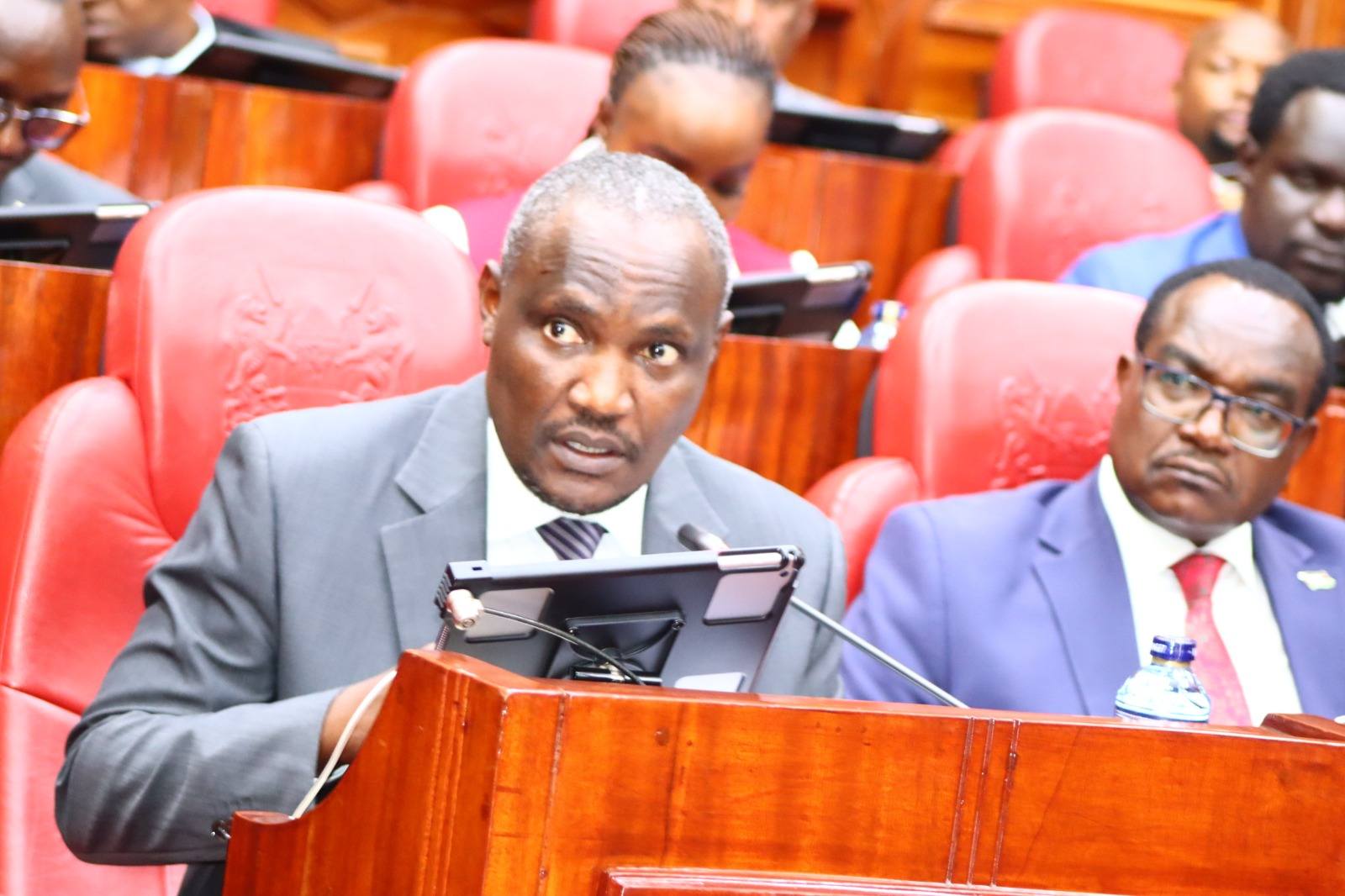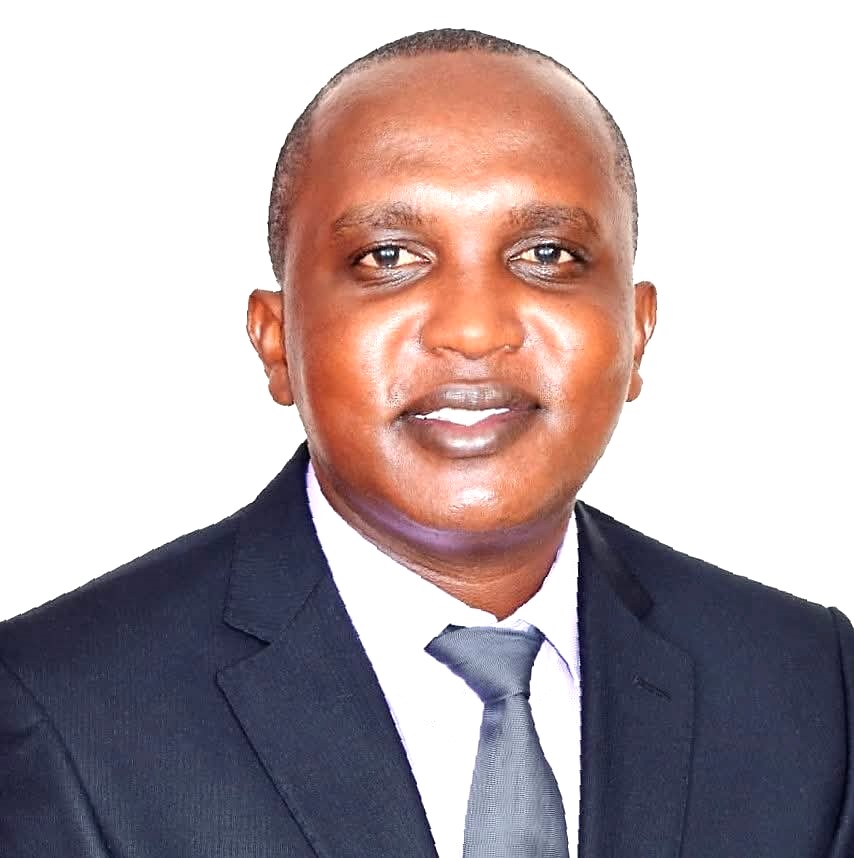On July 24, 2025, Treasury CS John Mbadi, while appearing before the National Assembly’s Education Committee at Parliament Buildings in Nairobi, announced that the government had reduced the secondary school capitation grant from Ksh22, 244 to Ksh16, 900 per student.
According to Mbadi, this reduction is due to revenue constraints, rising student enrolment and growing debt obligations that have stretched the government’s fiscal capacity.
Mbadi explained to the committee that, despite the education sector receiving Ksh702.7 billion in the 2025/2026 national budget, the treasury is facing a KSh876 billion fiscal deficit, which has affected the disbursement of funds to ministries, including Education. He said that many schools are now operating with only 50 to 70 percent of their expected funding, forcing them to seek alternative ways to cover operational costs.
According to Mbadi, public universities are also facing a severe funding shortfall of Ksh58.8 billion. He said that, as a result, the government is considering drastic measures such as staff layoffs, closure of satellite campuses and outsourcing of non-core services to manage the crisis.
ALSO READ:
Khalwale calls parliament to act on education funding shortfall to guard free education
Mbadi noted that these decisions are necessary because the treasury cannot meet the full financial requirements of government-sponsored students under the current fiscal constraints.
While the KSh702.7 billion allocation to the education sector represents the largest share of the KSh4.29 trillion national budget, Mbadi emphasized that the actual cash available for disbursement is limited. He said the treasury’s financing gap would be covered through KSh592 billion in domestic borrowing and Ksh284 billion in external borrowing, but admitted that the prevailing fiscal challenges are likely to persist.
According to Mbadi, unless domestic revenue collection improves or alternative funding models are adopted, the government will struggle to sustain free primary, secondary and university education. He said that public universities may have to restructure their operations, including reducing staff and scaling down infrastructure, to align with the available resources.
ALSO READ:
Khalwale calls parliament to act on education funding shortfall to guard free education
Mbadi’s presentation to the Education Committee has raised concerns among lawmakers and education stakeholders. They fear that the capitation cuts and impending austerity in universities could disrupt learning and compromise the quality of education across the country.
According to Mbadi, the government is in discussions with the Ministry of Education and other stakeholders to find solutions, but he warned that tough decisions will have to be made to ensure institutions remain operational.
Meanwhile, public reactions have been sharp. One concerned citizen argued that education is a constitutional right, not a privilege to be trimmed in times of fiscal difficulty. The citizen called for the consolidation of bursary schemes into a transparent National Education Fund to protect equity and ensure that financial constraints do not erode the right to free and compulsory basic education guaranteed under Article 53(1)(b) of the Constitution.
By Benedict Aoya
You can also follow our social media pages on Twitter: Education News KE and Facebook: Education News Newspaper for timely updates.
>>> Click here to stay up-to-date with trending regional stories
>>> Click here to read more informed opinions on the country’s education landscape






